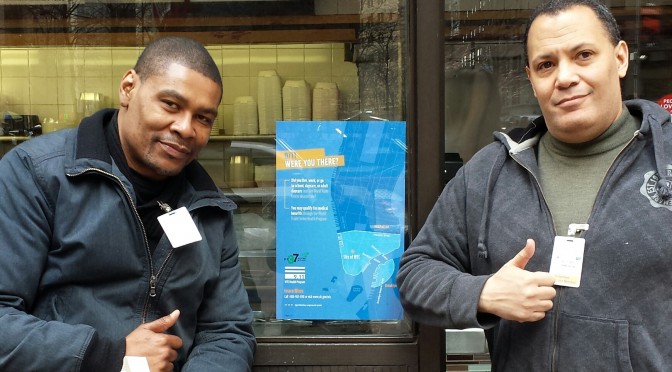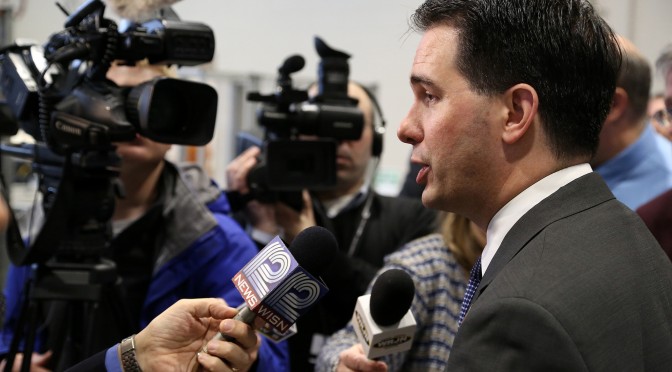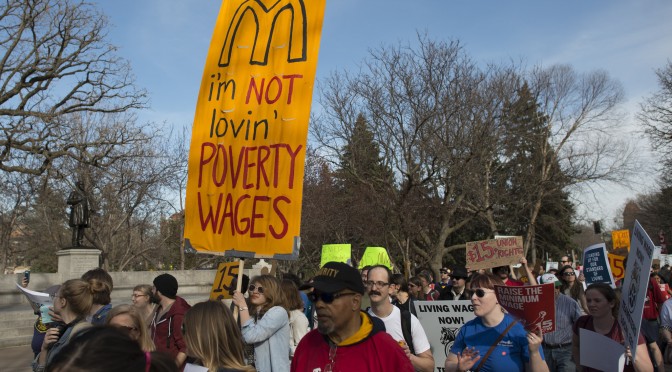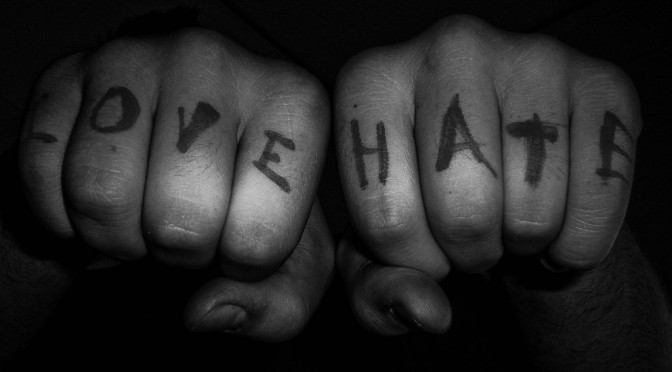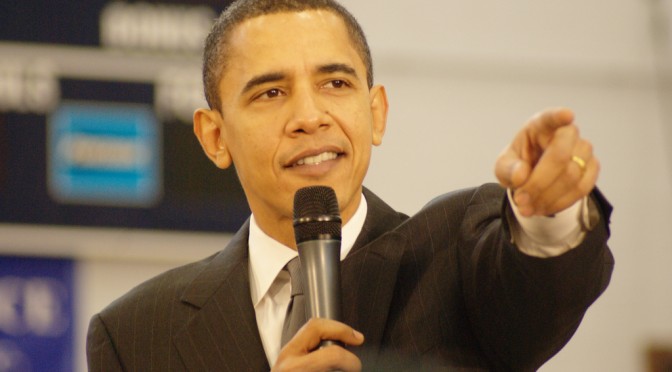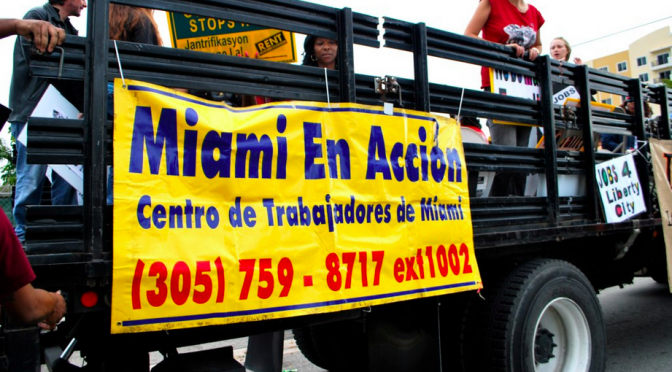By Liam Lynch
In true labor-community partnership fashion, the DC 37 Safety and Health Department is using a federal grant to get the word out about the World Trade Center (WTC) Health Program established by the James Zadroga 9/11 Health and Compensation Act of 2010. This bill is designed to improve health services and provide financial compensation for 9/11 first responders and survivors. DC 37 is partnering with local businesses and organizations to make the city healthier for the many union members and New Yorkers affected. The poster outreach effort is led by New York Union Semester alum and current Murphy MA student Liam Lynch. Union Semester students will take part in a day of outreach during their orientation at the end of the August. If interested in joining us, stay tuned to the Facebook page.
DC 37’s Safety and Health Department is part of a federal initiative to conduct outreach for the WTC Health Program. When the federal government took over the program after the passage of the James L. Zadroga 9/11 Health & Compensation Act of 2010, the Safety & Health Department received a federal grant to specifically conduct outreach about the existence of the program to their membership and AFSCME affiliates.
Thirteen years after the attacks of September 11th, the aftermath remains a major public health concern for responders and survivors. AFSCME members, who were among the first responders, are now experiencing illnesses related to their response work and are in need of quality healthcare for their 9/11-related health conditions. In the years after the attack, DC 37 — together with AFSCME’s Federal Government Affairs Department in Washington, DC — helped craft and lobby for the federal health program as part of its efforts to get Congress to approve the James Zadroga 9/11 Health and Compensation Act of 2010. DC 37 received a federal grant to inform responders and survivors of the health program, and created a website and Facebook page about it. Continue reading DC37 Reaches Out About WTC Health Program

